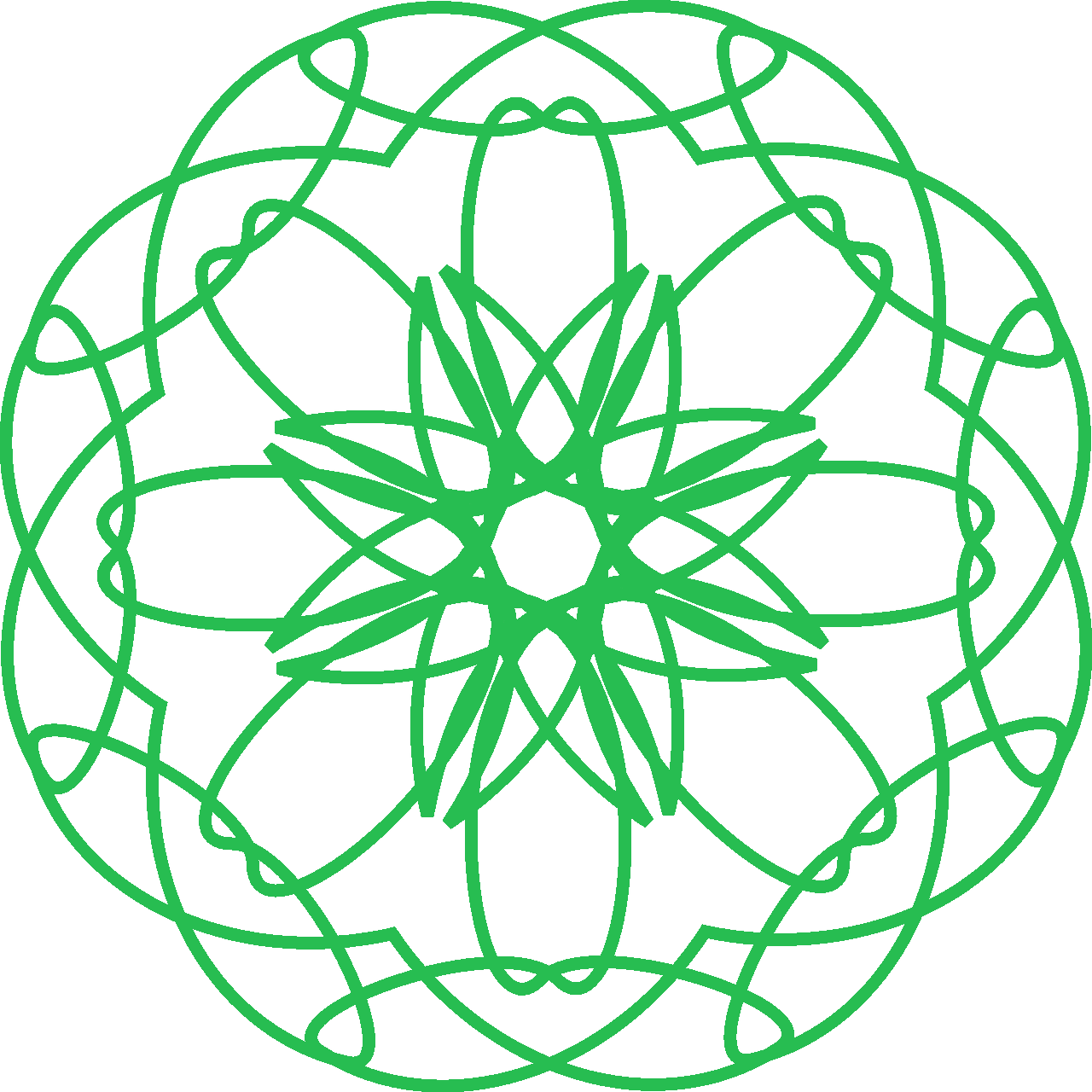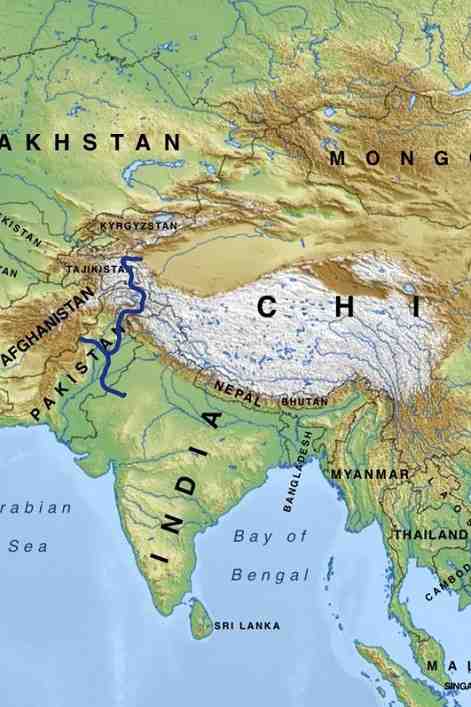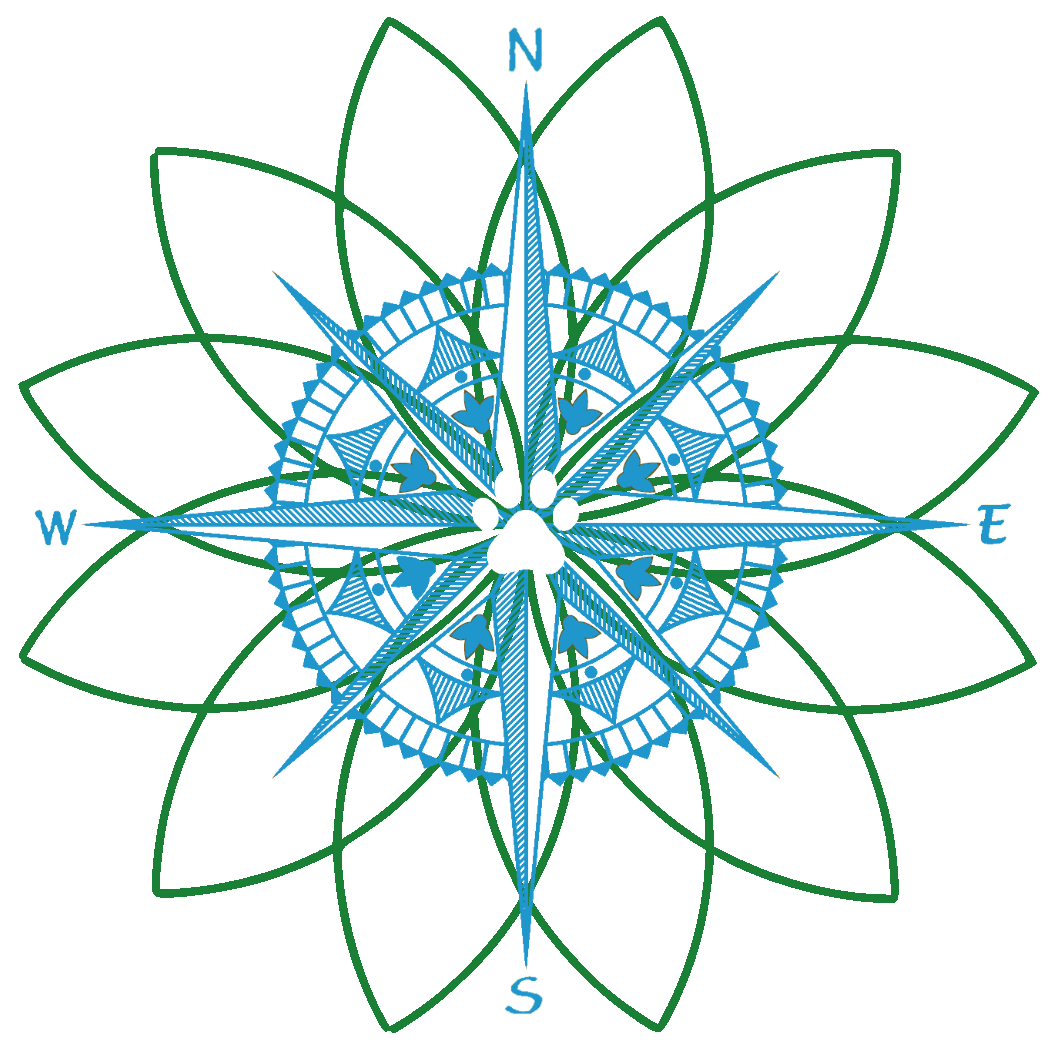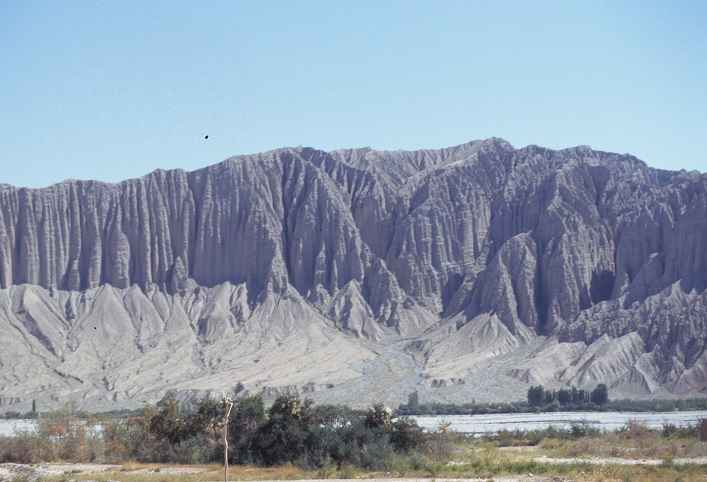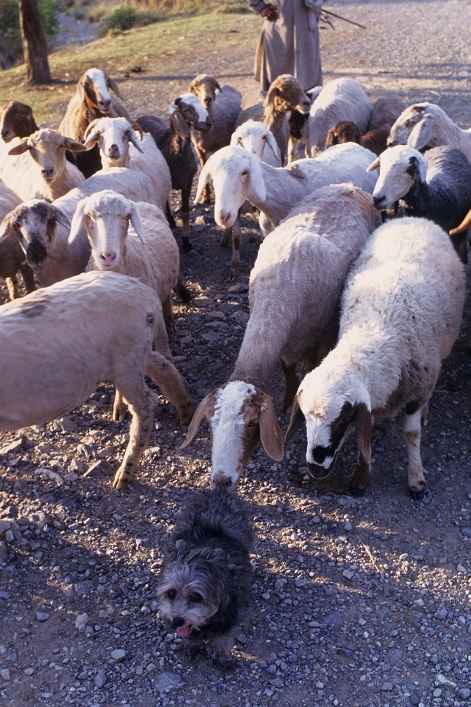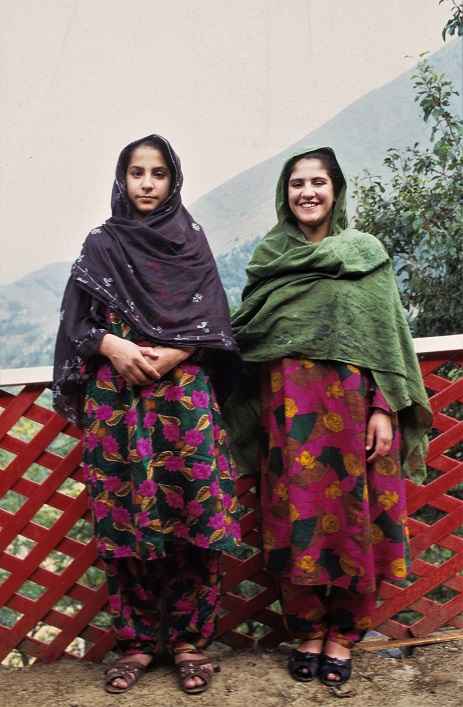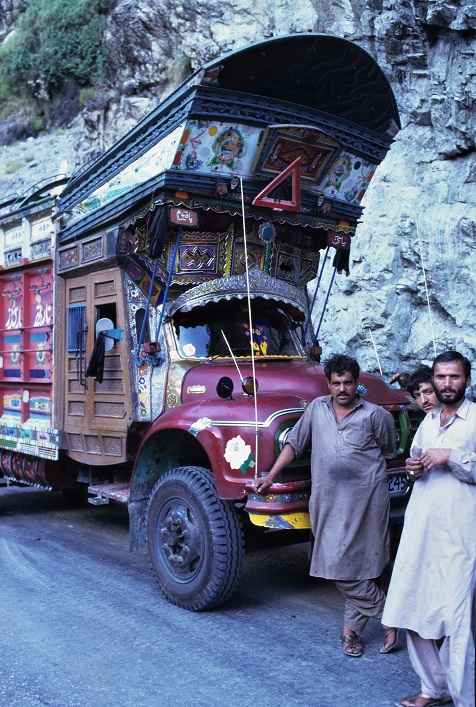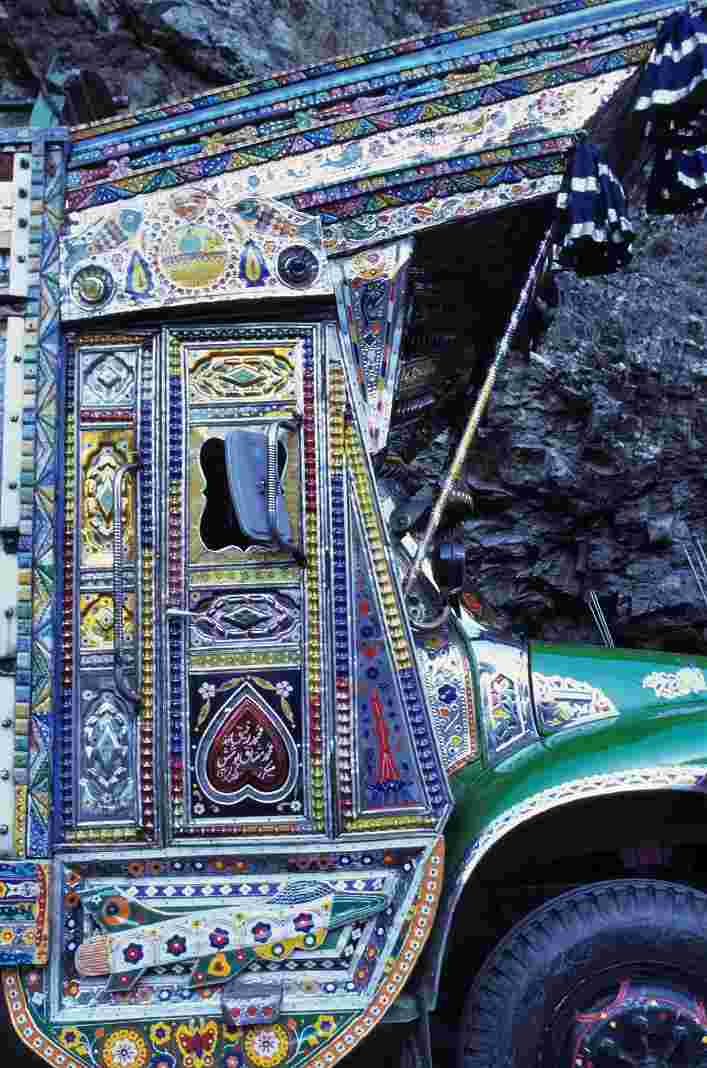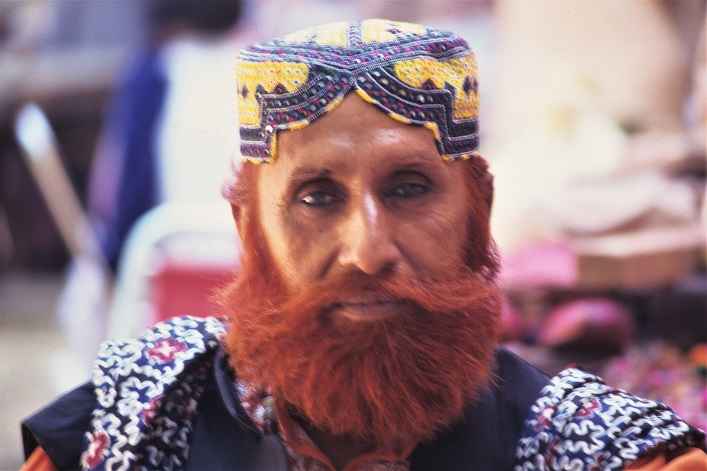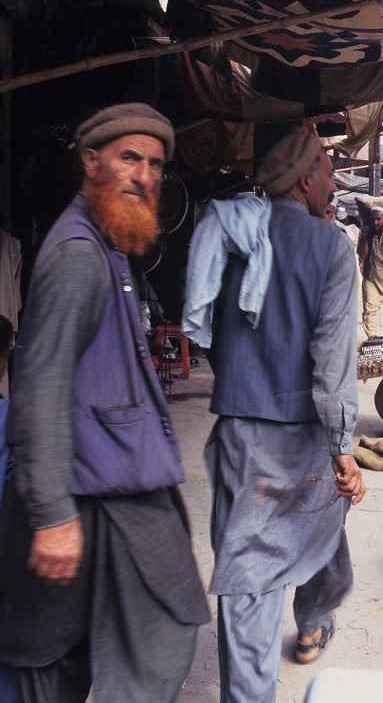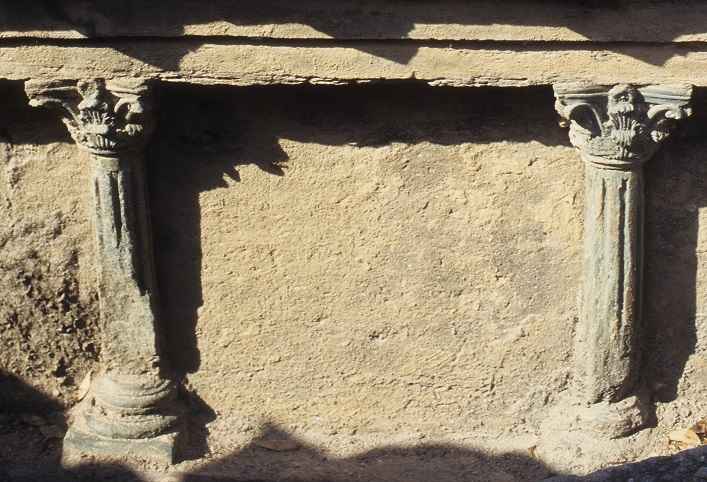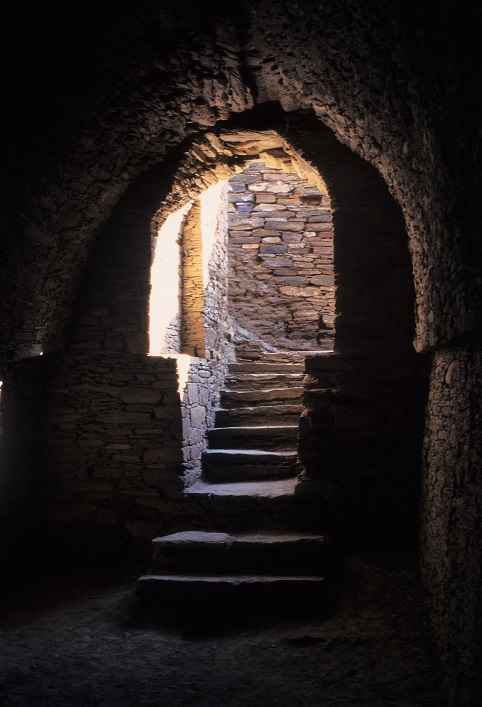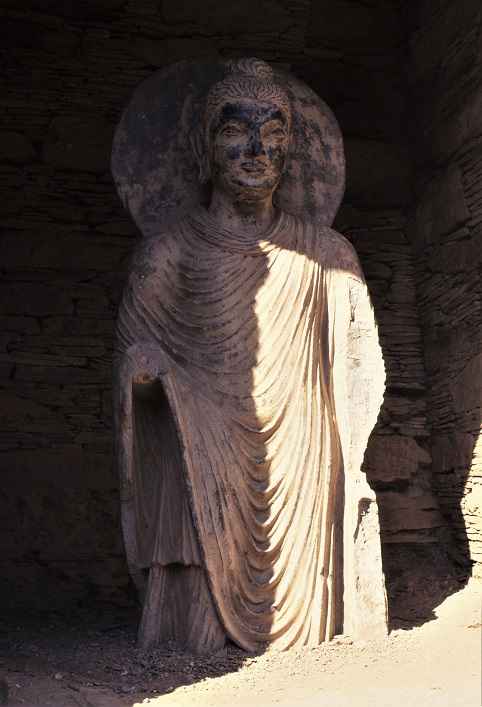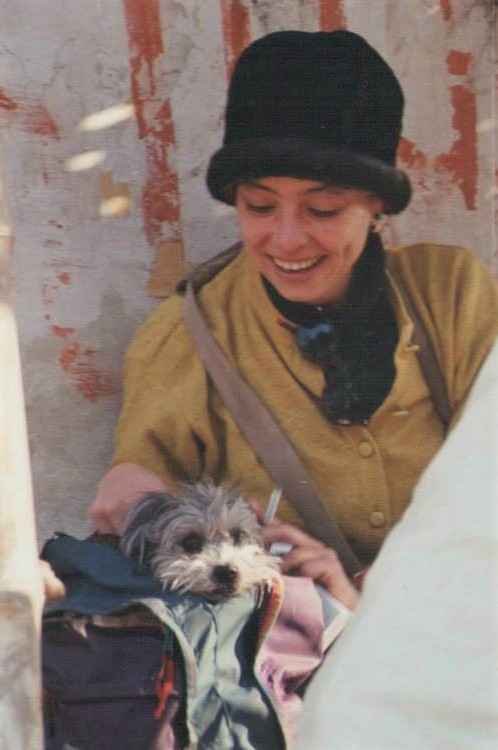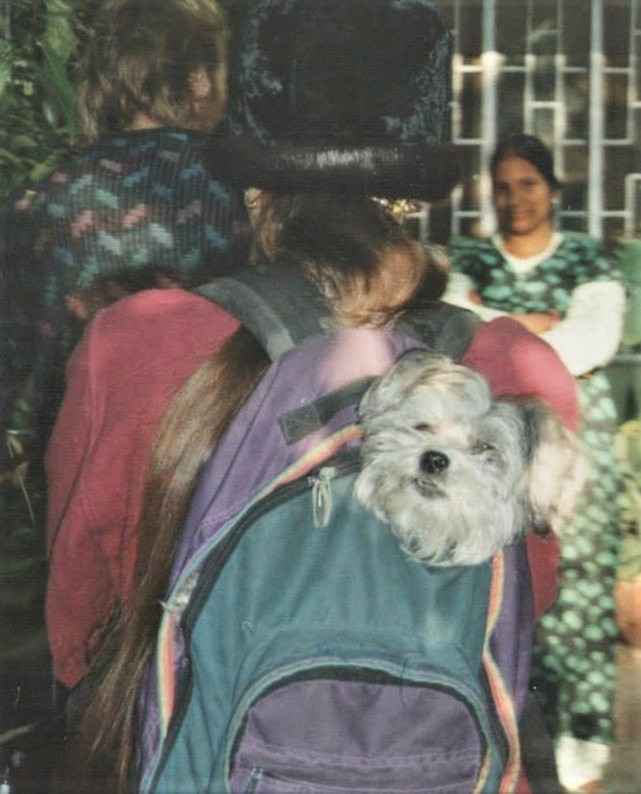Anxious about not having a travel permit for Afrika, and nervous about the lack of winter clothes, I boarded the four-day bus with a head full of worries. Thankfully, the drive was spectacular, leaving the desert to go up and down some of the highest mountains on earth, all the while skirting the turbulent Indus river which cut a wedge through them as if it was a knife. Afrika managed to escape the border guards, cheered by all the Pakistanis in the bus who then spoke about us in their villages, turning us into superstars.
We jumped off in the first Pakistani village after the border, and a few days later hitchhiked our way to Gilgit on board rumbling trucks travelling along harrowing mountain roads made of rocks. In Gilgit we befriended an English teacher and her Pakistani husband, and spent three-weeks in their company while getting acquainted with the local culture. We then moved to Taxila, where I struck a friendship with the curator of a museum filled with Greco-Buddhist ruins, who invited us to stay in the Residency’s bungalow, took us to many interesting sites, answered a great many questions, and shared an intriguing hypothesis about the origins of Buddhism. From there we went to Peshawar, hoping to find a way to enter Afghanistan and somehow reach Europe. However, the truckloads of armed Taliban roaming the roads scared us away. Turning back towards India we visited Swat, where we stayed with a local family. Through them I witnessed the everyday limitations imposed on muslim women, and, in an act of rebelliousness decided to discard my head covering. My experiences without it confirmed my misgivings.
When the visa ended we returned to India, thereby completing a large loop. Sitting by the pool of the Amritsar temple, I thanked my lucky stars.


